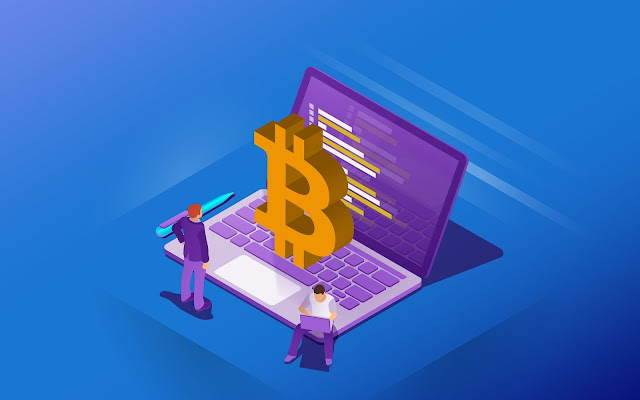
Gemini to return money
The New York State Department of Financial Services claims that Gemini, which the twins started following their well-known argument with Mark Zuckerberg over who developed Facebook, neglected to “fully vet or sufficiently monitor” Genesis, Gemini Earn’s now-bankrupt lending partner.
What is the Earn Program?
The Earn program, which promised users up to 8% income on their cryptocurrency deposits, was canceled in November 2022 when Genesis was unable to pay withdrawals due to the fall of infamous scammer Sam Bankman-Fried’s FTX enterprise.
Since then, almost 30,000 residents of New York and over 200,000 other Earn users have lost access to their money.
Gemini “engaged in unsafe and unsound practices that ultimately threatened the financial health of the company,” according to the state regulator.
NYSDFS Superintendent Adrienne Harris claimed in a statement that “Gemini failed to conduct due diligence on an unregulated third party, later accused of massive fraud, harming Earn customers who were suddenly unable to access their assets after Genesis Global Capital experienced a financial meltdown.”
Customers win lawsuit
Customers of Earn, who are entitled to the assets they committed to Gemini, have won with today’s settlement.
“Collecting hundreds of millions of dollars in fees from Gemini customers that otherwise could have gone to Gemini, substantially weakening Gemini’s financial condition,” was the unregulated affiliate that dubbed Gemini Liquidity during the crisis.
Although it did not provide any details, the regulator added that it “further identified various management and compliance deficiencies.”
Gemini also consented to pay $40 million to Genesis’ bankruptcy proceedings as part of the settlement, for the benefit of Earn customers.
“If the company does not fulfill its obligation to return at least $1.1 billion to Earn customers after the resolution of the [Genesis] bankruptcy,” the NYSDFS stated that it “has the right to bring further action against Gemini.”
Gemini announced that the settlement would “result in all Earn users receiving 100% of their digital assets back in kind” during the following 12 months in a long statement that was posted on X.
The business further stated that final documentation is required for the settlement and that it may take up to two months for the bankruptcy court to approve it.
The New York Department of Financial Services (DFS) was credited by Gemini with helping to reach a settlement that gives Earn users a coin-for-coin recovery.
More about the lawsuit
Attorney General Letitia James of New York filed a lawsuit against Genesis and Gemini in October, accusing them of defrauding Earn consumers out of their money and labeling them as “bad actors.”
James tripled the purported scope of the lawsuit earlier this month. The complaint was submitted a few weeks after The Post revealed that, on August 9, 2022, well in advance of Genesis’s bankruptcy, Gemini had surreptitiously taken $282 million in cryptocurrency from the company.
Subsequently, the twins stated that the change was made to the advantage of the patrons.
The brothers’ actions, however, infuriated Earn customers, with one disgruntled investor telling The Post that “there’s no good way that Gemini can spin this.”
In a different lawsuit, the SEC is suing Gemini and Genesis because the Earn program was an unregistered security.
The collapse of Earn was a significant blow to the Winklevoss twins’ hopes of becoming a dominant force in the industry.
Gemini had built its brand on the idea that it was a reliable player in the wild, mostly uncontrolled cryptocurrency market.
Source: Original Post
“An interesting youtube video that may be related to the article above”